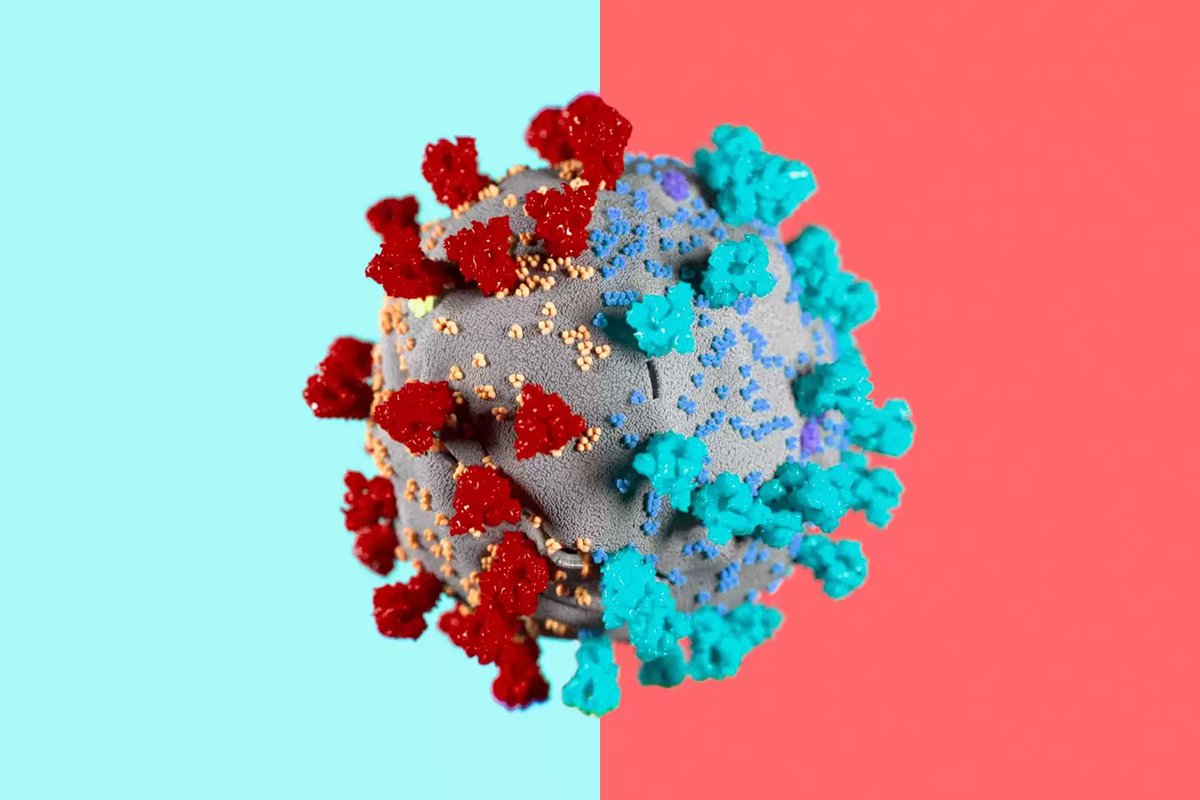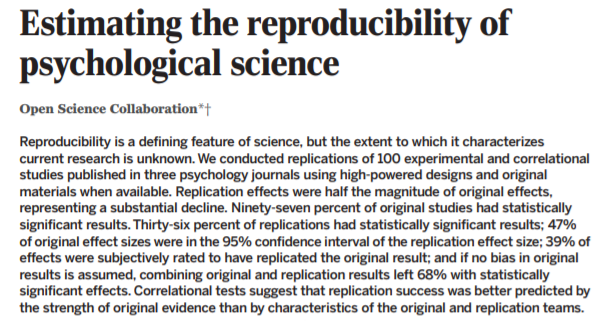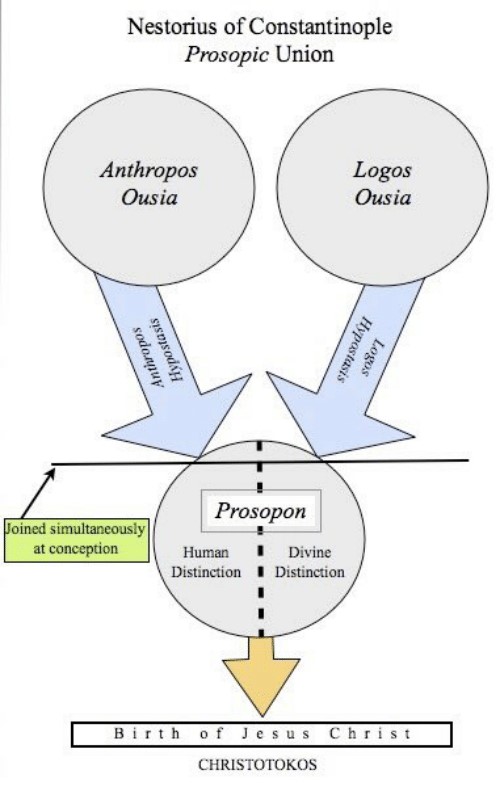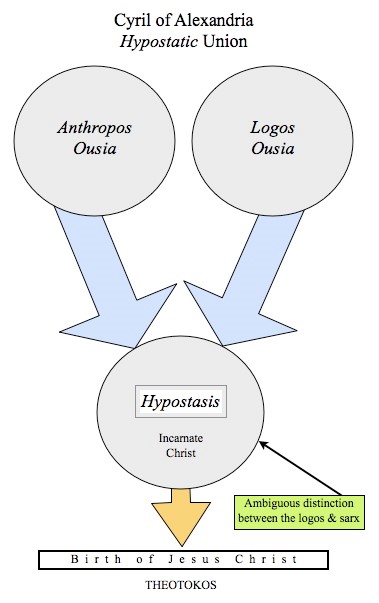An expert in their field has taken their vast knowledge and distilled it to what's most important. Writing forces you to make difficult decisions on what's important and what's not. Writing demands clarity. You're getting an expert's lifetime of work for $15.
THREAD
The world is littered with hacks and quick fixes.
Magic routines, butter in our coffee, special supplements, exotic foods. All promising to transform our lives.
Nearly all of it is BS. Here are 12 science-backed "hacks" that actually work.
An expert in their field has taken their vast knowledge and distilled it to what's most important. Writing forces you to make difficult decisions on what's important and what's not. Writing demands clarity. You're getting an expert's lifetime of work for $15.
The best way to "hack" knowledge? Have a conversation with those who are informed. They've done the hard part of figuring out of sorting through the mess of information AND making sense of it. Having a conversation brings clarity for application.
Day after day. Sit down to write. Get out to exercise. Whatever the task you're trying to master, just keep showing up.
If you show up enough, you'll get better.
Just getting your 8+ hours has enormous benefits from the psychological to physical. Sleep is when your body restores & grows with its highest output of growth hormones, & when your mind processes and coalesces information. Translating knowledge from superficial to deep
Get out and move. Most should be easy to moderate so you can keep coming back day after day. Some should be moderate/hard. And very occasionally you should "go see god" to remind yourself what going to the well is like.
Being outside can increase creativity, mood, and well-being. Just being near nature, according to one study, was equivalent health-wise to being 7 years younger. Even just looking at pictures of nature can do the trick, improving mood and performance.
One of our fundamental needs as a person is to belong. If we satisfy this need, our health and motivation improve We're more likely to persist, and tackle difficult challenges.
Feeling like we belong allows us to feel secure in who we are.
Moods and behaviors are contagious. Research from the Framingham study found that sadness and happiness rippled through the town. Living nearby a friend who becomes happy increases your probability of becoming happy by 25%
Sitting close to a low performer decreased performance by 30%.
Surround yourself with people who lift you up. https://t.co/KTms7fVddp
When life is too easy, we get bored and unmotivated. When we don't have a shot at winning, our motivation wanes and we give up.
Find challenges that are in the sweet spot of just beyond your current capabilities. A slight stretch.
Find something that is sustainable. Dieting is akin to going all-in on the latest exercise fad, lasting for 3 weeks and giving up exercising for 6 months…It's much better to find something that is sustainable for you.
Follow your interests. Go deep when something catches your eye. But don't be afraid to ditch it and move on to the next thing if it no longer meets your needs. Don't tie your identity too closely to what you do. Explore the world.
A self-transcending purpose allows us to persist a bit longer, perform a bit better. In physical pursuits, our brain loosens the reigns allowing us to dig a bit deeper.
Move. Sleep. Belong.
But that's the point. We spend so much time looking for shortcuts when the boring stuff right in front of us has a much bigger effect.
Choose the boring stuff!
We are seeking the silver bullet, when the reality is we need to zoom back out and nail the basics before we even consider the final 1 percent.
If you like deep dives on topics, consider checking out my free weekly newsletter.
Thanks for taking the time to read my work! https://t.co/Esomf74PKg
More from Science
A thread on the potential near term catalysts behind why I have increased my position in 4d Pharma @4dpharmaplc (LON: #DDDD):

1) NASDAQ listing. This is the most obvious.
The idea behind this is that the huge pool of capital and institutional interest in the NASDAQ will enable a higher per-share valuation for #DDDD than was achievable in the UK.
Comparators to @4dpharmaplc #DDDD (market capitalisation £150m) on the NASDAQ and their market capitalisation:
Seres Therapeutics: $2.33bn = £1.72bn (has had a successful phase 3 C. difficile trial); from my previous research (below) the chance of #DDDD achieving this at least once is at least
While looking at speculative pharmaceutical stocks I am reminded of why I am averse to these risky picks.#DDDD was compelling enough, though, to break this rule. The 10+ treatments under trial, industry-leading IP portfolio, and comparable undervaluation are inescapable.
— Shrey Srivastava (@BlogShrey) December 16, 2020
Kaleido Biosciences: $347m = £256m. 4 products under consideration, compared to #DDDD's potential 16. When you view @4dpharmaplc's 1000+ patents and AI-driven MicroRx platform (not to mention their end-to-end manufacturing capability), 4d's undervaluation is clear.

2) The leading hypothesis is that the new variant evolved within just one person, chronically infected with the virus for so long it was able to evolve into a new, more infectious form.
same thing happened in Boston in another immunocompromised person that was sick for 155 days.
3) What happened in Boston with one 45 year old man who was highly infectious for 155 days straight before he died... is exactly what scientists think happened in Kent, England that gave rise to #B117.
Immunocompromised 45 year old suffered from #COVID19 for 155 days before he died. The virus was changing very quickly inside the man's body\u2014it acquired a big cluster of >20 mutations\u2014resembled the same ones seen in #B117 & #B1351. (NPR audio Part 1 of 2)\U0001f9f5https://t.co/7kWiBZ1xGk pic.twitter.com/ZJ7AExB78Y
— Eric Feigl-Ding (@DrEricDing) February 8, 2021
4) Doctors were shocked to find virus has evolved many different forms inside of this one immunocompromised man. 20 new mutations in one virus, akin to the #B117. This is possibly how #B1351 in South Africa 🇿🇦 and #P1 in Brazil 🇧🇷 also evolved.
2) NPR report audio part 2 of 2:
— Eric Feigl-Ding (@DrEricDing) February 8, 2021
Dr. Li couldn't believe what they found. "I was shocked," he says. "When I saw the virus sequences, I knew that we were dealing with something completely different and potentially very important." pic.twitter.com/HT3Yt6djFd
5) “On its own, the appearance of a new variant in genomic databases doesn’t tell us much. “That’s just one genome amongst thousands every week. It wouldn’t necessarily stick out,” says Oliver Pybus, a professor of evolution and infectious disease at Oxford.
Here's a (very disorganized and incomplete) handful of suggestions, which I may add to. Suggestions welcome, especially if you've dug into relevant literatures.
1. The already classic "Estimating the reproducibility of
psychological science" from the Open Science Collaboration of @BrianNosek et al. https://t.co/yjGczLZ6Je
(Look at that abstract, wow!)

Many people had pointed out problems with standard statistical methods, going back decades (what are the best refs?). But this paper was a sledgehammer, making it impossible to ignore the question: what, if anything, were we actually learning from all those statistical studies?
2. Dean Keith Simonton's book "Creativity in Science: Chance, Logic, Genius, and Zeitgeist". If an essentially scientometric book could be described as a fun romp through science & creativity, this would be it
You May Also Like
இது சூரிய குலத்தில் உதித்த இராமபிரானுக்கு தமிழ் முனிவர் அகத்தியர் உபதேசித்ததாக வால்மீகி இராமாயணத்தில் வருகிறது. ஆதித்ய ஹ்ருதயத்தைத் தினமும் ஓதினால் பெரும் பயன் பெறலாம் என மகான்களும் ஞானிகளும் காலம் காலமாகக் கூறி வருகின்றனர். ராம-ராவண யுத்தத்தை

தேவர்களுடன் சேர்ந்து பார்க்க வந்திருந்த அகத்தியர், அப்போது போரினால் களைத்து, கவலையுடன் காணப்பட்ட ராமபிரானை அணுகி, மனிதர்களிலேயே சிறந்தவனான ராமா போரில் எந்த மந்திரத்தைப் பாராயணம் செய்தால் எல்லா பகைவர்களையும் வெல்ல முடியுமோ அந்த ரகசிய மந்திரத்தை, வேதத்தில் சொல்லப்பட்டுள்ளதை உனக்கு
நான் உபதேசிக்கிறேன், கேள் என்று கூறி உபதேசித்தார். முதல் இரு சுலோகங்கள் சூழ்நிலையை விவரிக்கின்றன. மூன்றாவது சுலோகம் அகத்தியர் இராமபிரானை விளித்துக் கூறுவதாக அமைந்திருக்கிறது. நான்காவது சுலோகம் முதல் முப்பதாம் சுலோகம் வரை ஆதித்ய ஹ்ருதயம் என்னும் நூல். முப்பத்தி ஒன்றாம் சுலோகம்
இந்தத் துதியால் மகிழ்ந்த சூரியன் இராமனை வாழ்த்துவதைக் கூறுவதாக அமைந்திருக்கிறது.
ஐந்தாவது ஸ்லோகம்:
ஸர்வ மங்கள் மாங்கல்யம் ஸர்வ பாப ப்ரநாசனம்
சிந்தா சோக ப்ரசமனம் ஆயுர் வர்த்தனம் உத்தமம்
பொருள்: இந்த அதித்ய ஹ்ருதயம் என்ற துதி மங்களங்களில் சிறந்தது, பாவங்களையும் கவலைகளையும்

குழப்பங்களையும் நீக்குவது, வாழ்நாளை நீட்டிப்பது, மிகவும் சிறந்தது. இதயத்தில் வசிக்கும் பகவானுடைய அனுக்ரகத்தை அளிப்பதாகும்.
முழு ஸ்லோக லிங்க் பொருளுடன் இங்கே உள்ளது https://t.co/Q3qm1TfPmk
சூரியன் உலக இயக்கத்திற்கு மிக முக்கியமானவர். சூரிய சக்தியால்தான் ஜீவராசிகள், பயிர்கள்






















